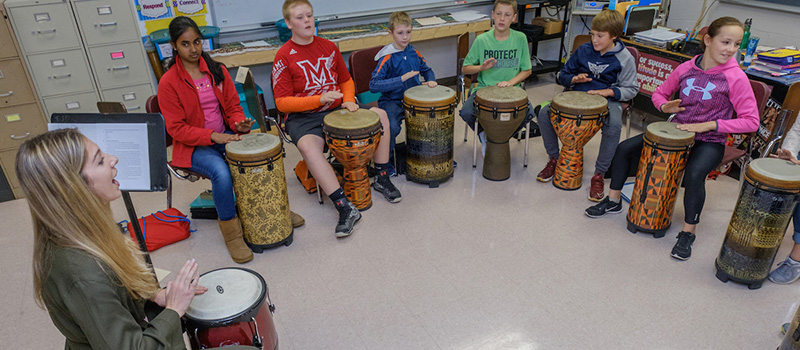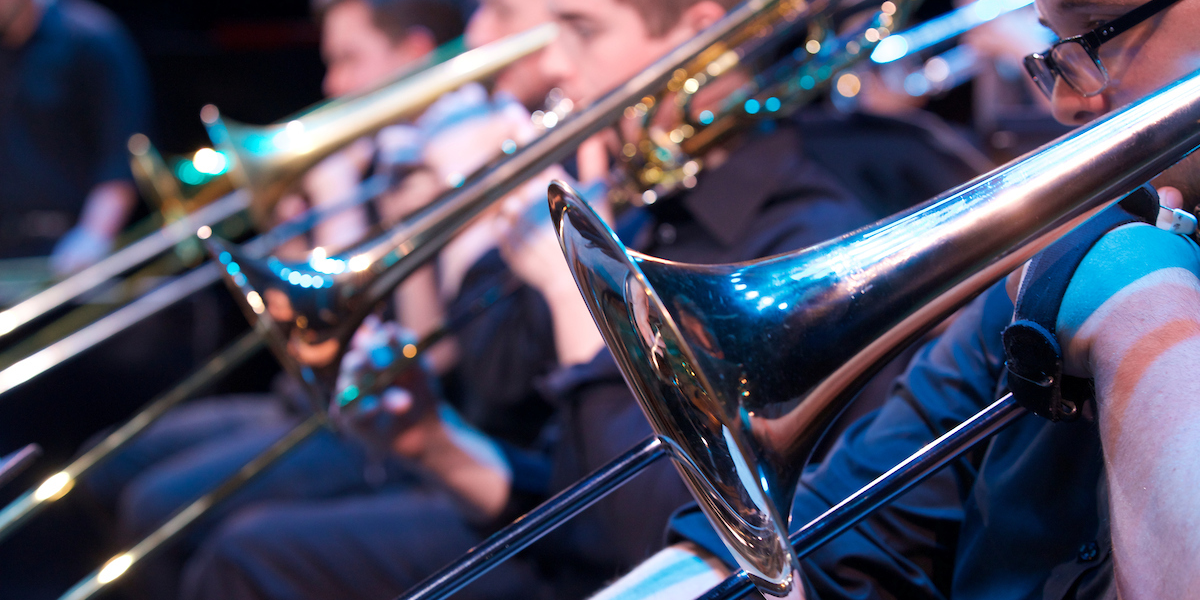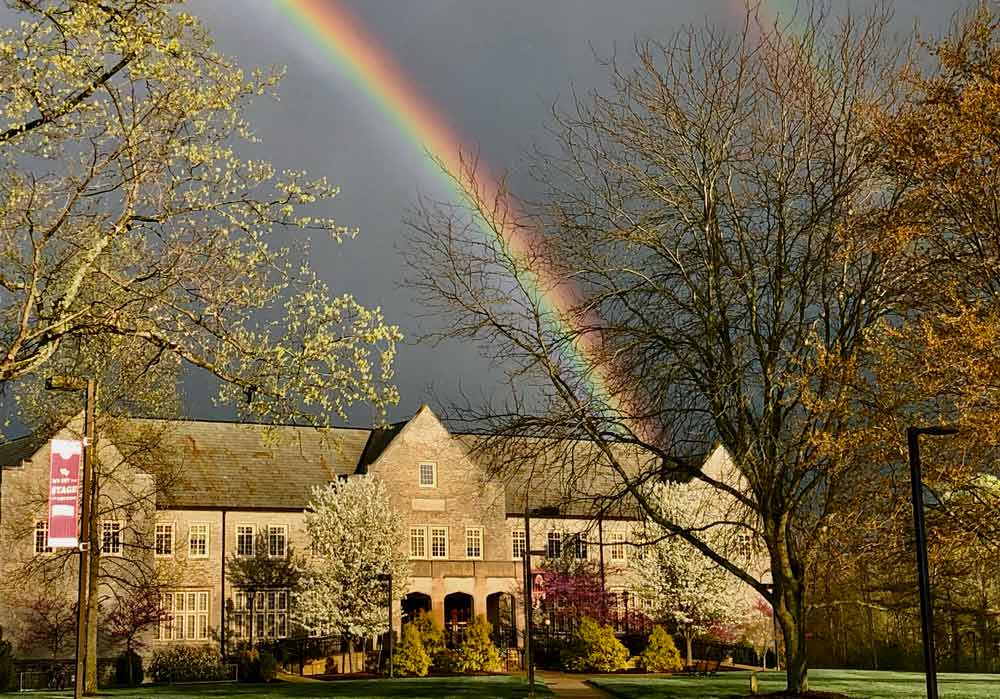
Music Education, Bachelor of Music
The Bachelor of Music with a concentration in Music Education degree program prepares students for careers in school settings and for future graduate study, through lifelong connections and mentoring. The resulting licensure is for all music, PreK-12.


